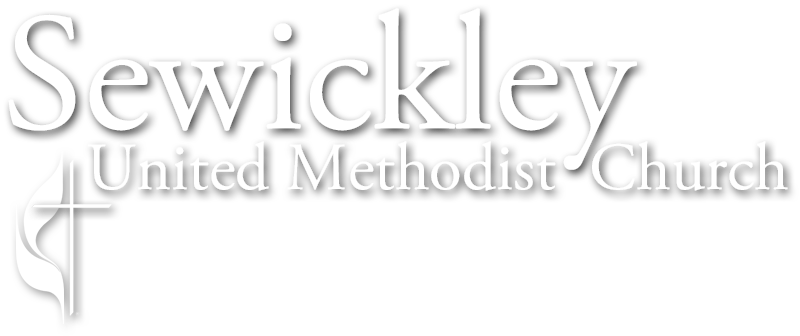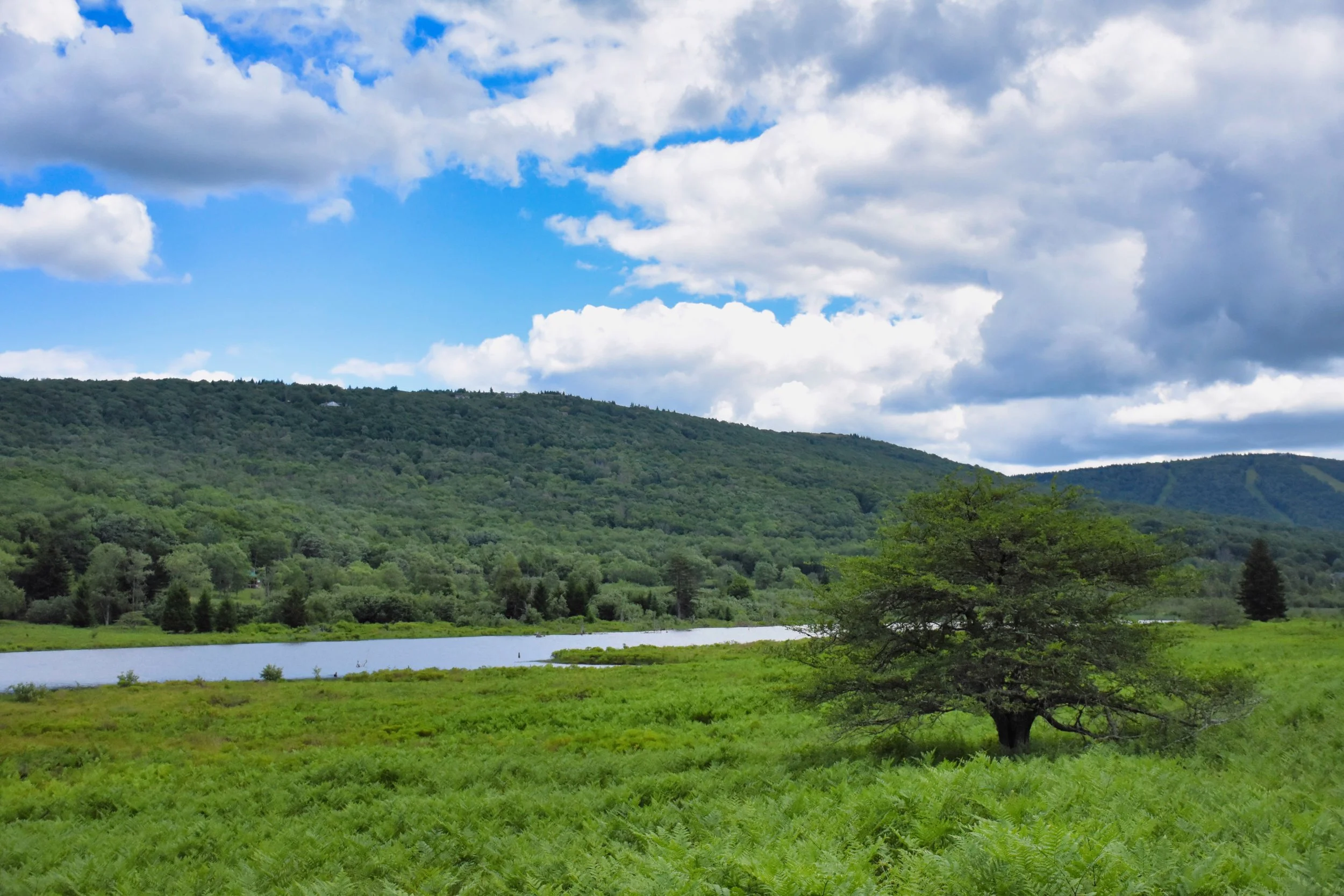Psalm 121:1–2 says, “I lift up my eyes to the hills—from where will my help come? My help comes from the Lord, who made heaven and earth.”
When playing cards, there always seems to be that one person at the table who has a hard time holding their cards close. If they are sitting next to you, this is particularly challenging. You don’t want to see their cards. You don’t want to cheat, but it is really difficult to even look past them or in their general direction without getting a glimpse of what they have. The news and political climate feel a lot like this. It all feels so overwhelming and is hard to stomach most days, but no matter where you look, even if you aren’t trying, the news still seems to be right there in front of you. So, what do we do about it?
My colleague recently turned me on to a podcast by Rob Bell. The title of the Robcast episode is called Official WHAT WE DO 2025 Talk. In this episode, about 10 minutes in, he points us to the importance of controlling our clicks. We get on the internet, we get on the news, we get on our phones, and the thing we don’t want to see always seems to be right there in front of us. The dose of reality he gives is that we are creating what we see, what we hear, and what we share. For instance, have you ever looked up a dishwasher and all of a sudden on Facebook or on Google, there are ads right in front of your face for dishwashers. There is this thing called an algorithm, and it takes your lead. You might think the internet is crazy (and it is), but it feeds to you what it thinks you want according to the things you click on and where you spend your time.
There is this great debate right now that says, “I want to be well informed, and therefore, I should be watching the news.” That is valid! The other side says, “I need to protect my mental health, so I won’t watch the news.” That is valid also. But sometimes, that means we need to truly discipline ourselves to not give into the temptation to peak or “accidentally” look in that direction. We can’t blame our own personal state of well-being on others, especially as adults making our own choices, no matter how much we want to.
Psalms 121:1 says, “I lift up my eyes to the hills.” Take a moment to do that right now. Lift up your eyes. Realize that when you are lifting up your eyes to look at the hills, that means you also have to tilt your head. Lift up your eyes, and tilt your head up. The Psalmist is writing from the perspective of the Israelites who were in Babylon in exile. They were in the deepest, darkest valley of their lives, and they were looking for help. To remind themselves that the Lord who made heaven and earth is the one whom their help comes from, they shifted their focus from what was right in front of them to God above.
Hear this good news: God is still the one who our help comes from. God is still the one whom we can find refuge in. God is still the one whom we should adjust our posture to be able to see. God is still the ONE. If you want to click on anything, click on your Bible app, read all of Psalm 121, and remember that there have always been trials and challenges in this world. A great way to make it through, and at the same time stay at the table, so you can be a part of the justice that needs to take place, is to keep your eyes fixed on God. Amen!
From one light to another,
Pastor Hannah Loughman

